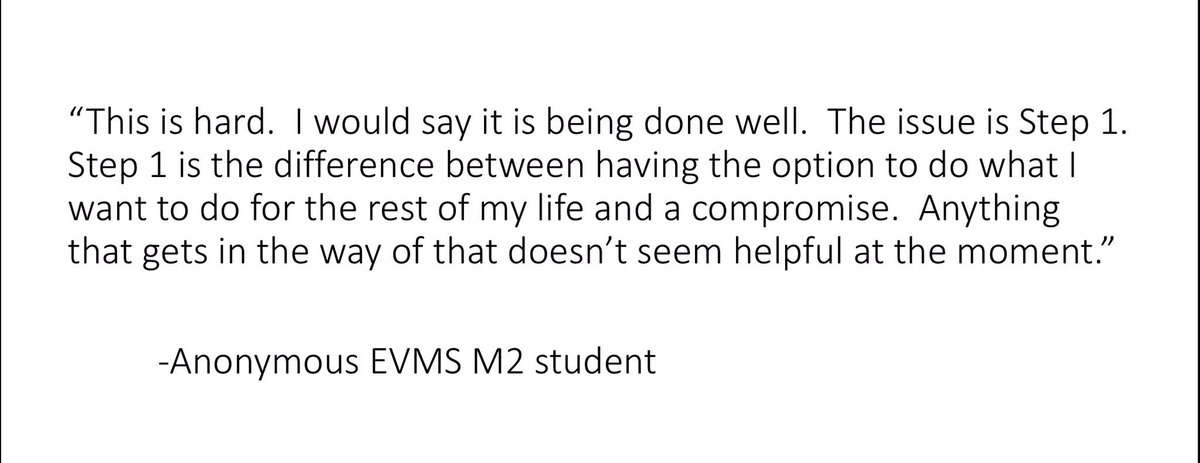aamc.org/system/files/r…
nbcnews.com/health/health-…
thesheriffofsodium.com/2019/05/13/ano…
Keep Current with Vishal Khetpal
This Thread may be Removed Anytime!
Twitter may remove this content at anytime, convert it as a PDF, save and print for later use!

1) Follow Thread Reader App on Twitter so you can easily mention us!
2) Go to a Twitter thread (series of Tweets by the same owner) and mention us with a keyword "unroll"
@threadreaderapp unroll
You can practice here first or read more on our help page!




